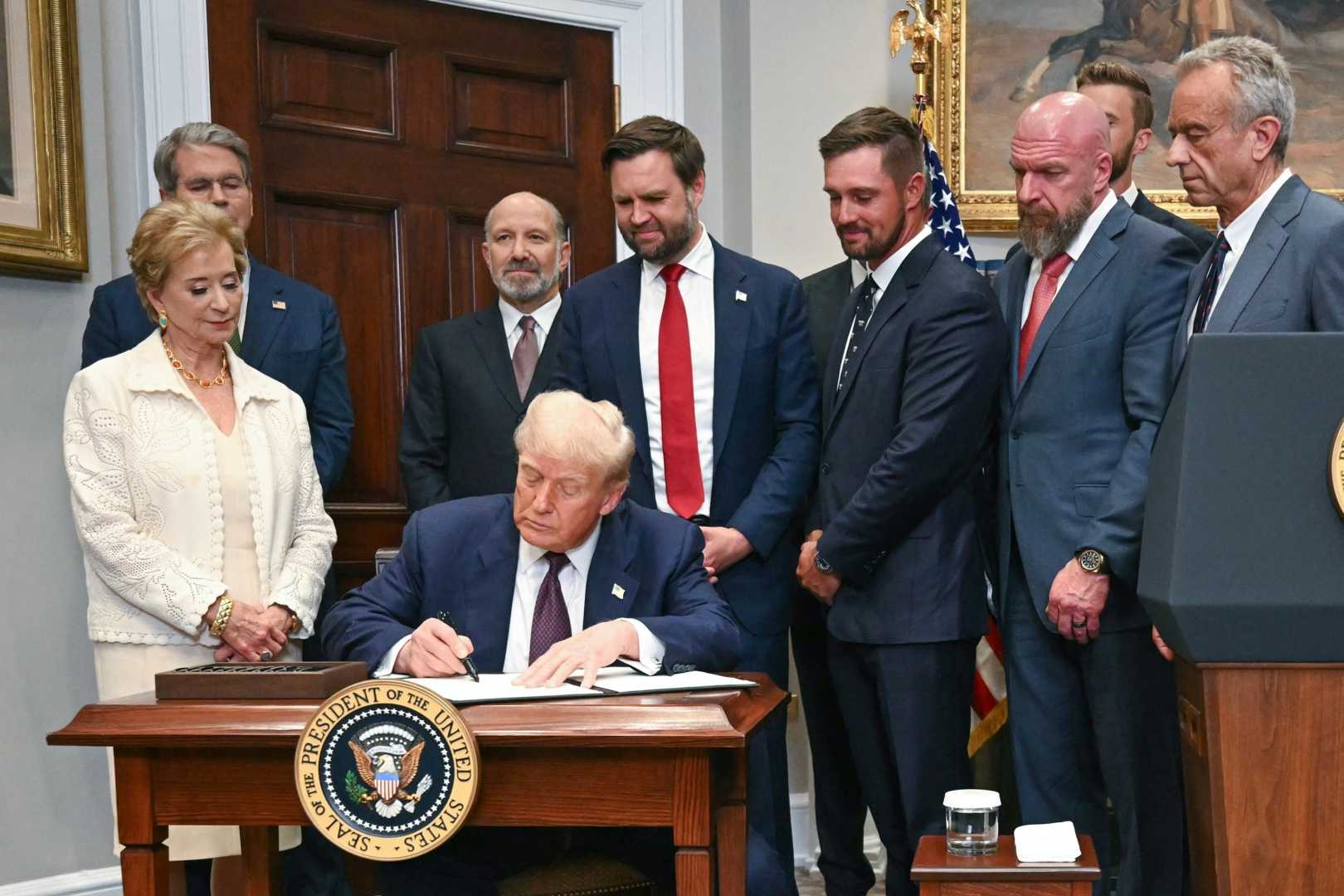Health
Trump Signs Fitness Order Amid Obesity Concerns

WASHINGTON, D.C. — President Donald Trump signed an executive order on July 31 aimed at reinstating the Presidential Fitness Test for public school students, a move that has reignited discussions about fitness and health in America. The test, a fixture in schools for decades, was last administered during the 2012-13 school year.
In his announcement, Trump emphasized the growing health crisis in the United States, stating, “We must address the threat to the vitality and longevity of our country that is posed by America’s declining health and physical fitness.” He pointed to alarming rates of obesity among both children and adults, with recent statistics indicating that nearly 20% of children and 40% of adults in the U.S. are classified as obese.
Retired Army Lt. Gen. Mark Hertling highlighted the broader implications of this trend, noting a decline in military recruitment due to obesity and physical inactivity among young Americans. “The military has experienced increasing difficulty in recruiting soldiers as a result of physical inactivity, obesity, and malnutrition among our nation’s youth,” he said in a report.
Despite this push for fitness, Trump’s initiative has faced criticism from progressives. Some claim that reestablishing the fitness test is an outdated practice that could be discouraging for children who struggle with physical challenges. Critics argue that it targets self-esteem and could revive negative memories for those who found the tests challenging.
Fit lifestyle advocates argue that enjoying outdoor activities and working out is essential for health, independent of political affiliations. Columnist Ingrid Jacques pointed out that many Americans engage in these activities purely for health benefits and pleasure, not as a political statement.
The debate over fitness and body image extends beyond children, touching on adult perceptions as well. Influencer MaryBeth Monaco-Vavrik sparked conversations on social media regarding how notions of fitness are often linked to political identity, providing an example of how cultural discussions around wellness intersect with political debates.
As these debates continue, the focus on improving public health, particularly among youth, remains a pressing issue. Supporters of physical fitness argue that the President’s order could be a step toward addressing a national health crisis.












